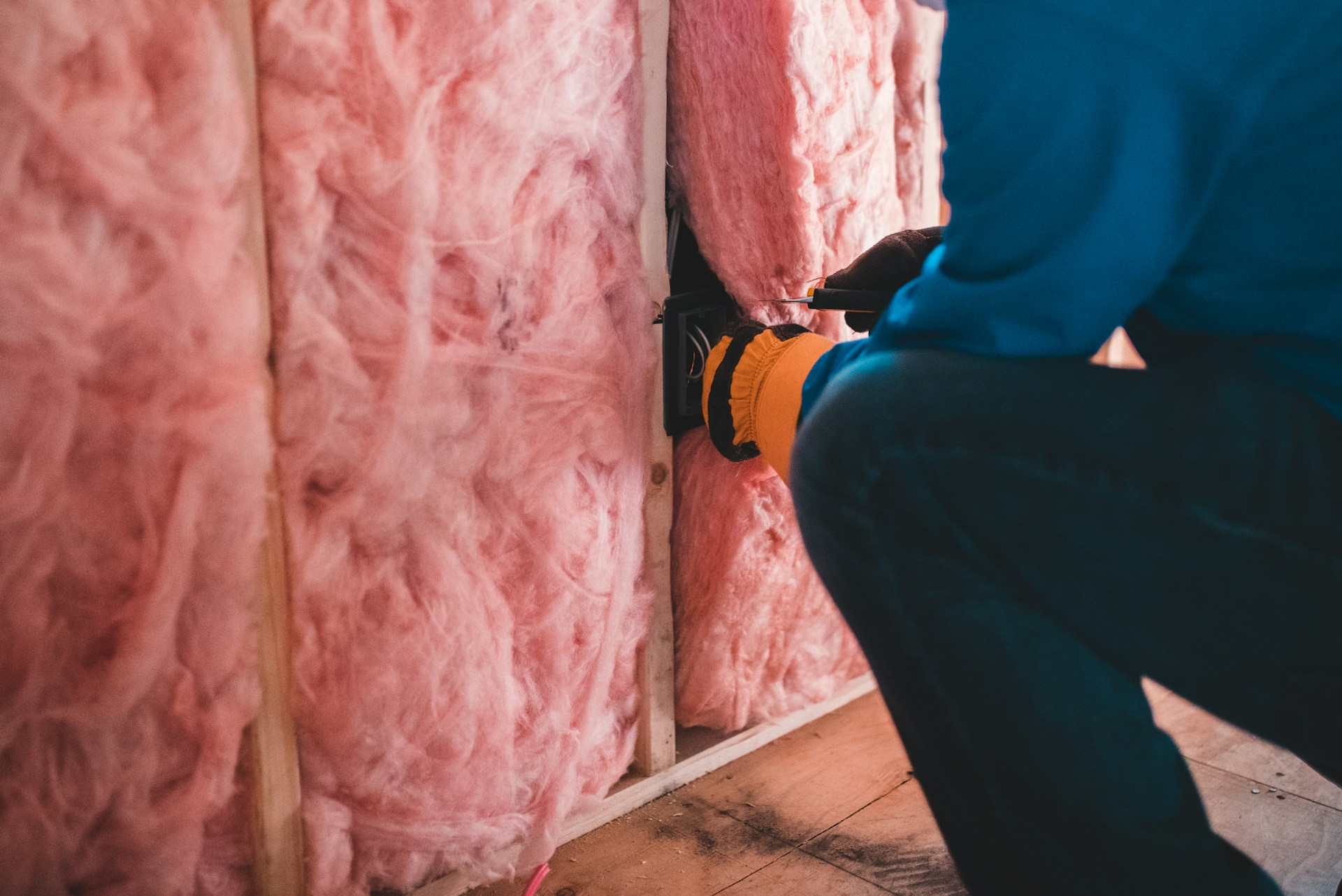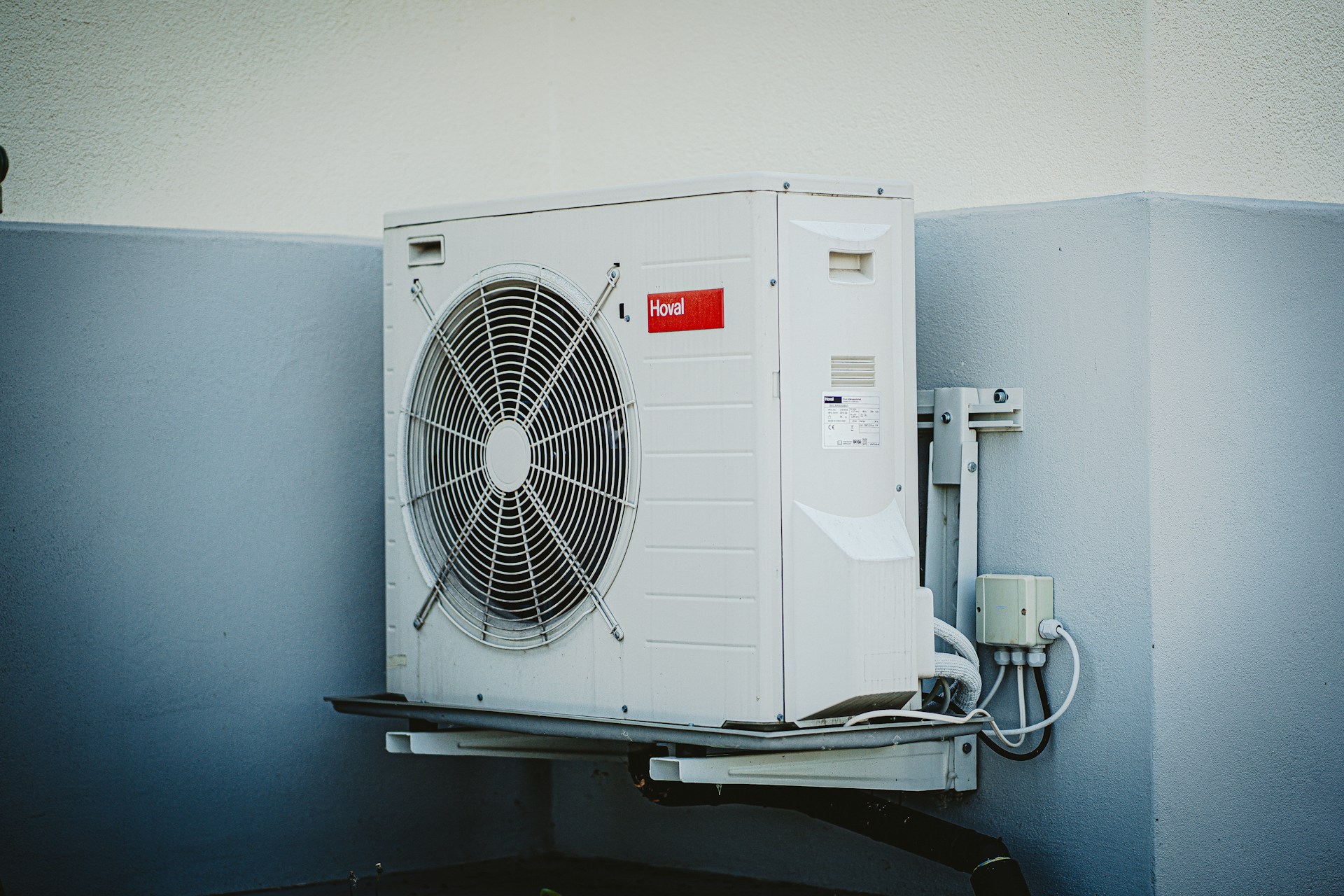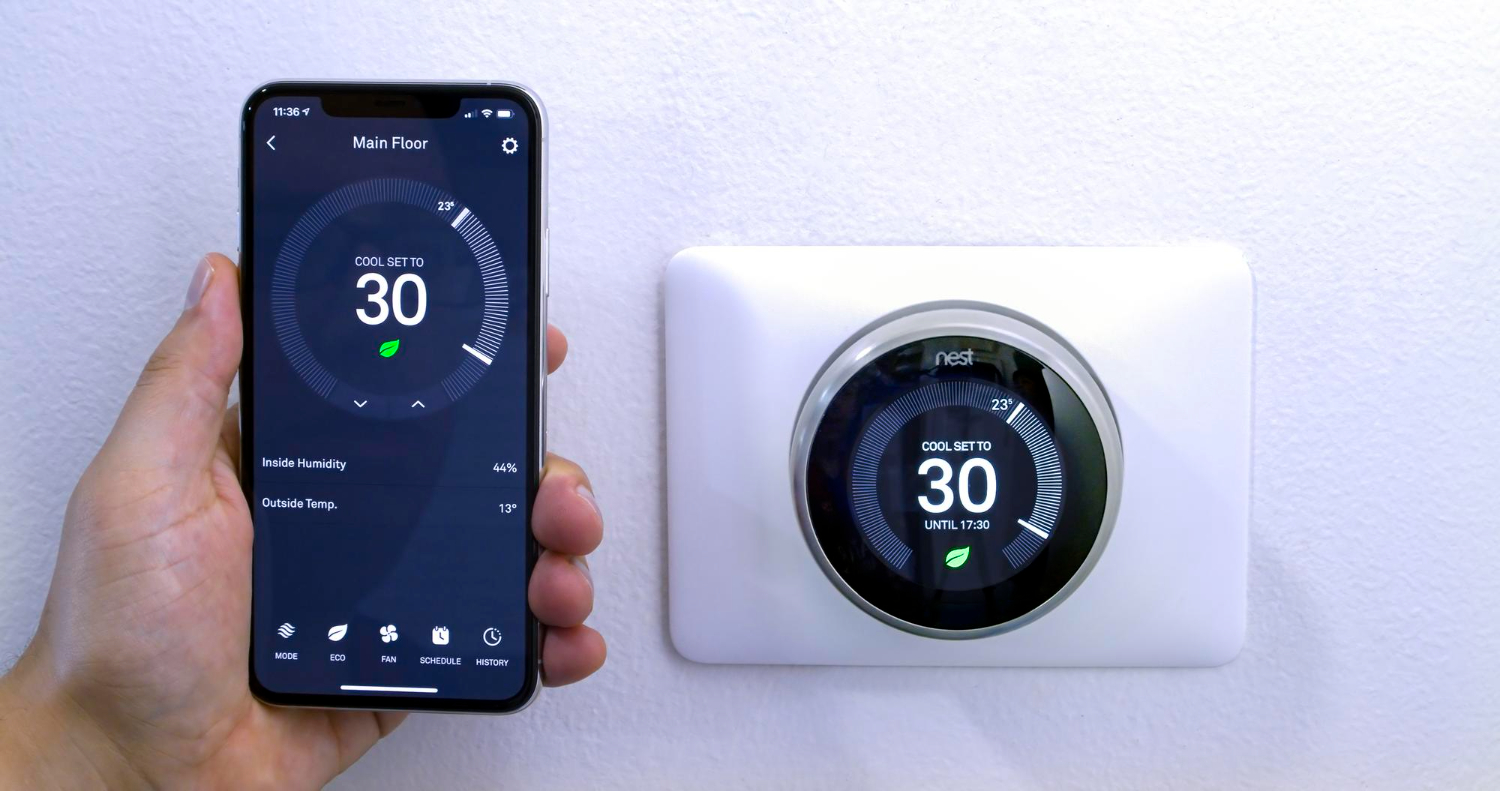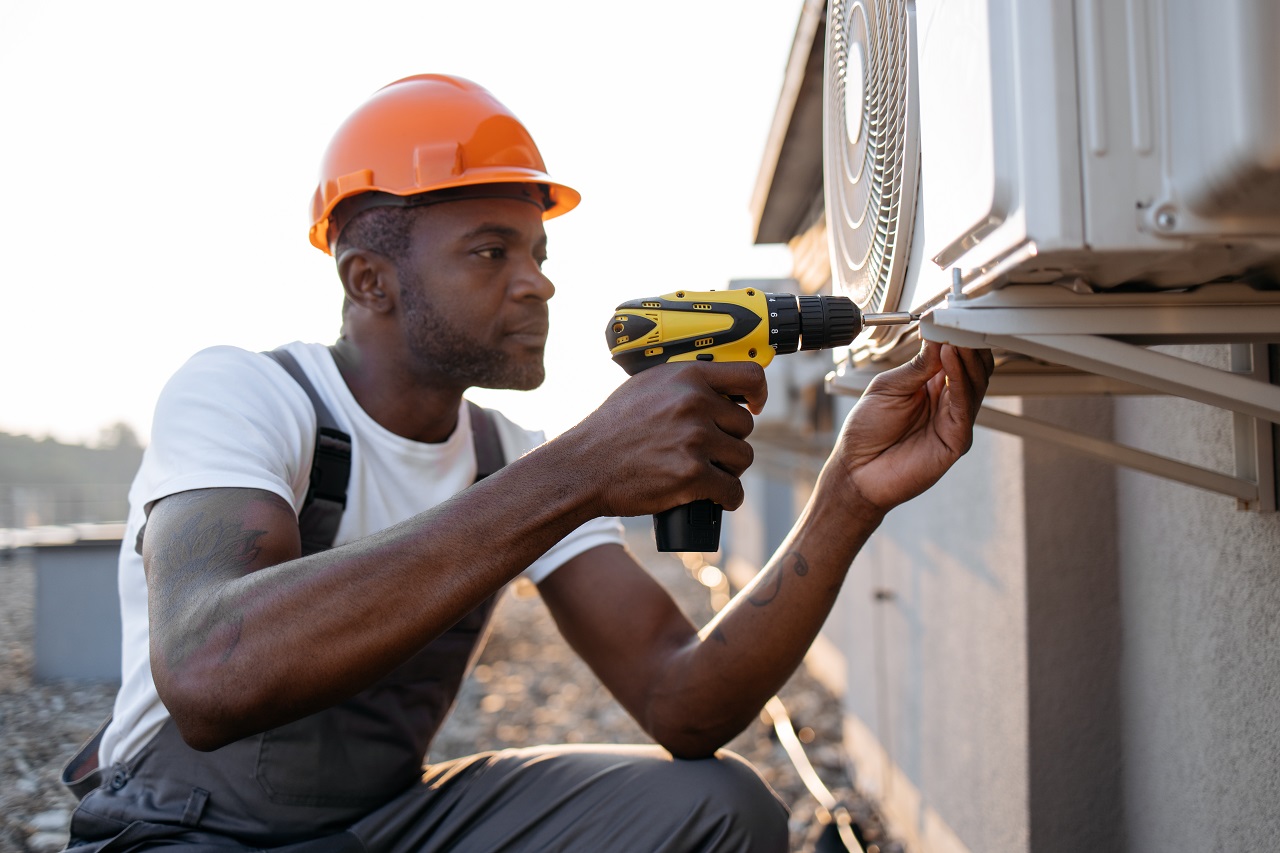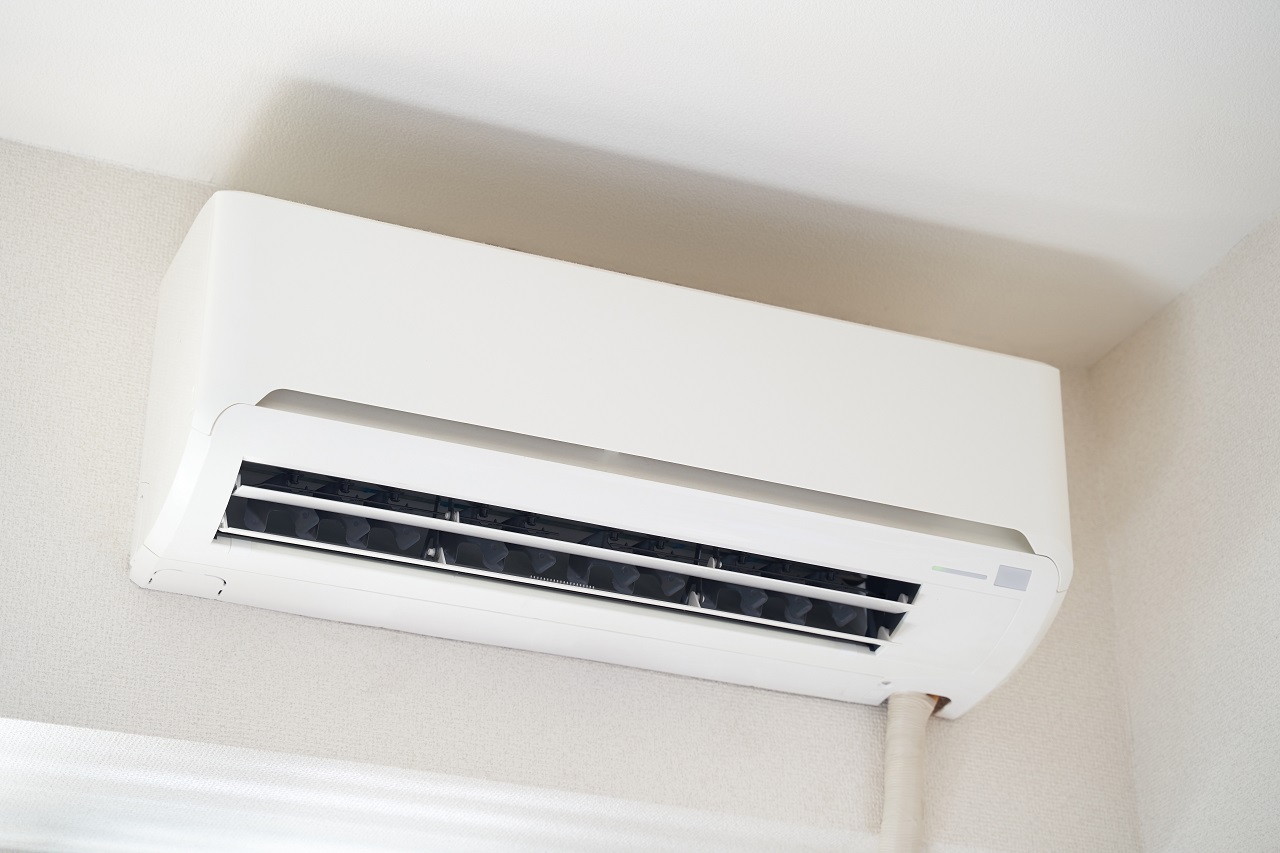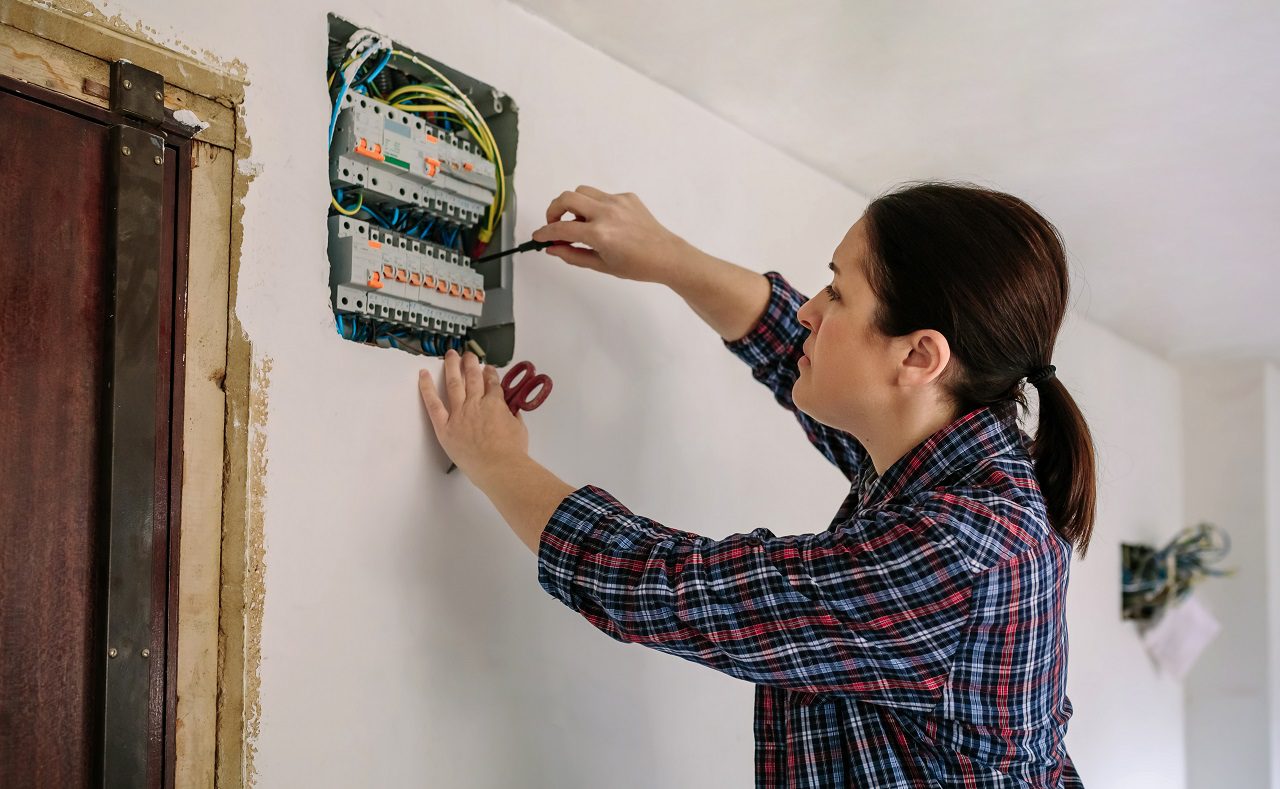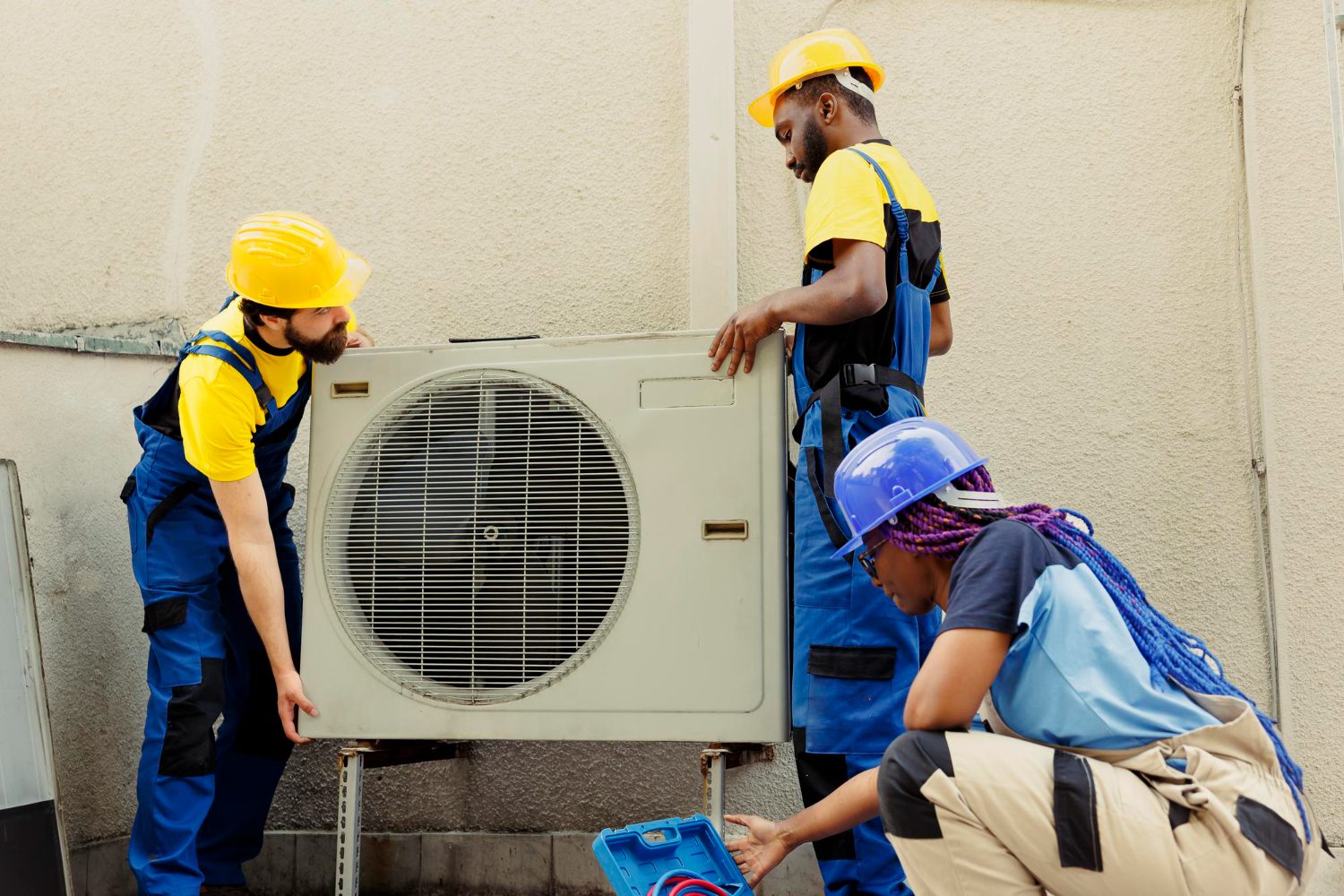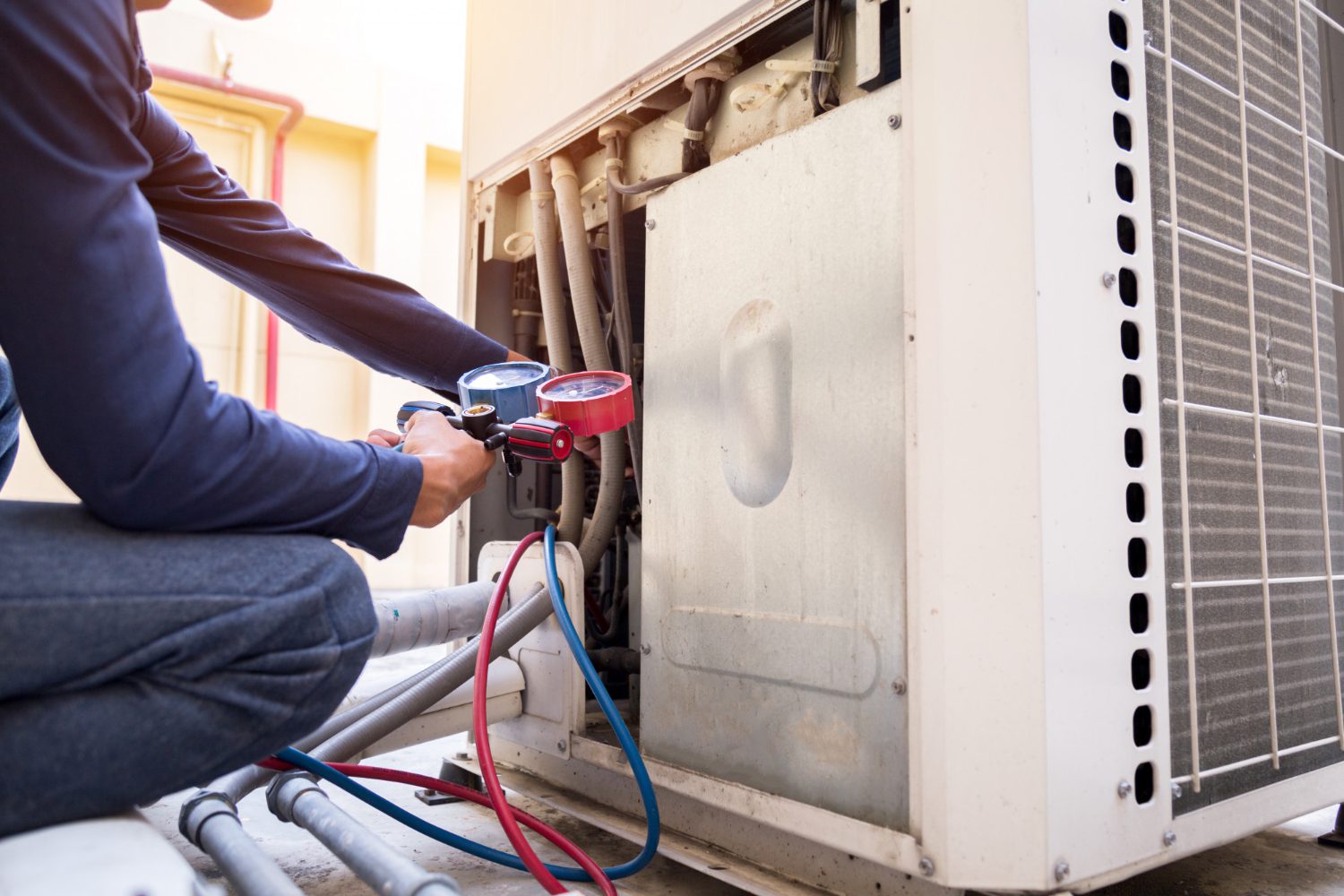Insulation plays a critical role in maintaining comfortable temperatures in your home while also helping you save money on energy bills. When your home is properly insulated, it keeps warm air inside during the winter and cool air inside during the summer. This means your HVAC system doesn’t have to work as hard to maintain a comfortable temperature, which can significantly reduce energy costs.
Many homeowners overlook the importance of insulation, focusing instead on upgrading appliances or sealing windows and doors. While these measures are also beneficial, insulation serves as the foundational barrier that helps keep conditioned air from escaping your home. By investing in proper insulation, you can improve your home’s energy efficiency and extend the lifespan of your HVAC system.
Understanding Insulation and Its Role in HVAC Efficiency
Insulation serves as the barrier that keeps your home cozy in winter and cool in summer. It reduces the amount of heat exchange between the inside and outside of your house, helping to maintain a consistent indoor temperature. When your home has proper insulation, your HVAC system doesn’t need to run as frequently or as long to keep your home comfortable.
There are different parts of your house that need to be well-insulated, including the attic, walls, floors, and crawl spaces. Each area plays a role in preventing heat loss or gain. For example, attics are a significant source of heat loss in many homes. Insulating your attic can make a huge difference in how well your home retains temperature.
By controlling the temperature more effectively, insulation also helps in reducing the wear and tear on your HVAC system. When the system doesn’t have to work as hard, it can last longer, reducing the need for costly repairs or replacements. Understanding this relationship between insulation and HVAC efficiency is the first step toward making your home more energy-efficient and lowering your energy bills.
Types of Insulation and Their Benefits
There are several types of insulation available, each with its own set of benefits. Choosing the right one for your home can enhance your HVAC system’s efficiency. Here are some common types of insulation:
1. Fiberglass Insulation: This is one of the most widely used types of insulation. It consists of fine glass fibers and is typically used in batts or rolls. It is great for insulating walls, floors, and attics.
2. Spray Foam Insulation: This type expands upon application, filling gaps and cracks. It forms an air-tight seal, providing excellent thermal resistance. Spray foam is ideal for hard-to-reach areas and offers superior insulation performance.
3. Blown-In Insulation: Made from materials like fiberglass or cellulose, blown-in insulation is pumped into walls or attics. This type is excellent for retrofitting older homes where other insulation types might be hard to install.
4. Rigid Foam Board Insulation: These boards are used for providing continuous insulation over wall studs or other areas. They offer high insulating values and are particularly useful in basements and crawl spaces.
Each of these types of insulation comes with its own advantages, depending on the specific needs of your home. Fiberglass is easy to install and cost-effective, while spray foam offers superior air sealing and insulation. Blown-in insulation is great for adding insulation to existing structures, and rigid foam boards provide a high R-value, which measures the insulation’s effectiveness.
By knowing the benefits of each type, you can make a more informed decision about which insulation is best for improving your home’s energy efficiency and cutting down on your HVAC costs.
How Proper Insulation Can Lower Energy Bills
Proper insulation can have a significant impact on your monthly energy bills by preventing heat loss in the winter and heat gain in the summer. When your home is well-insulated, less energy is needed to cool or heat your home, leading to lower utility costs. This not only saves you money but also makes your home more eco-friendly by reducing energy consumption.
Insulation works by creating a barrier that reduces the flow of heat into and out of your home. During winter, it keeps warm air from escaping, and in summer, it keeps hot air from entering. This means your HVAC system doesn’t have to work as hard to maintain a comfortable temperature, resulting in less energy use. The less your HVAC system runs, the more you save on energy bills.
Another advantage of good insulation is its ability to smooth out temperature fluctuations. This means your HVAC system doesn’t have to cycle on and off as frequently, which can significantly reduce energy use. Over time, consistent savings on your energy bills add up, making insulation a worthwhile investment.
Tips for Ensuring Effective Insulation in Your Home
To make sure your insulation is working effectively, there are several tips you can follow. These tips can help maximize your insulation’s performance and ensure you’re getting the most benefit for your HVAC system.
1. Check Existing Insulation: Start by checking the current insulation in your attic, walls, and floors. Look for signs of wear and tear, such as gaps, moisture, or settling, that can reduce insulation effectiveness.
2. Seal Gaps and Cracks: Before adding new insulation, seal any gaps and cracks in your home’s structure. This can include areas around windows, doors, and pipes. Air leaks can compromise even the best insulation.
3. Choose the Right Insulation: Different areas of your home may require different types of insulation. Consult a professional to determine which type is best suited for your specific needs and climate.
4. Layer Insulation in the Attic: Attics are a major source of heat loss. Consider layering different types of insulation to enhance coverage. For instance, you can use both spray foam and fiberglass batts for comprehensive protection.
5. Ensure Proper Installation: Incorrect installation can render insulation ineffective. Make sure your insulation is installed correctly by professionals who follow manufacturer guidelines.
Conclusion
Proper insulation is essential for maintaining a comfortable and energy-efficient home. By understanding the role of insulation and selecting the right type for each area of your house, you can significantly reduce your HVAC costs. Effective insulation can lower energy bills, extend the lifespan of your HVAC system, and contribute to a more sustainable lifestyle.
If you’re ready to improve your home’s insulation and start saving on your energy bills, Turner On Services, the trusted Ohio electricians, is here to help. Our team of experts in Cincinnati, Ohio, can assess your insulation needs and provide professional installation for maximum benefit. Contact us today to learn more about how we can help you achieve better energy efficiency in your home.


